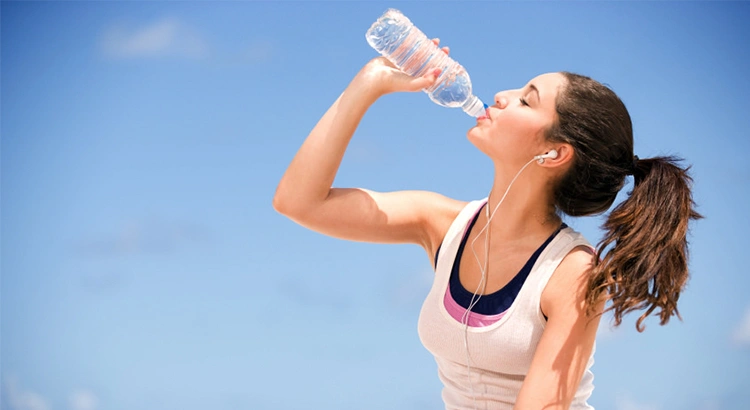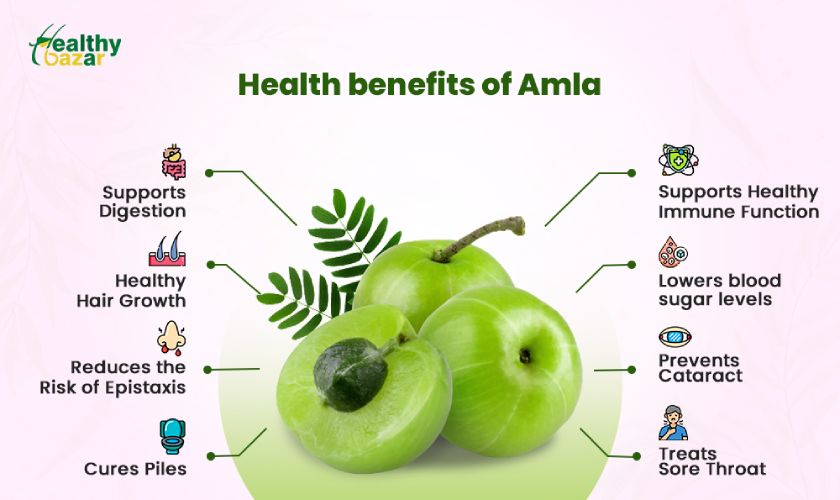Introduction :
Hydration is often overlooked, yet it plays a vital role in maintaining overall health and well-being. With our bodies composed of approximately 60% water, it is no wonder that staying hydrated is essential for optimal functioning. In this article, we will explore the importance of hydration and delve into the numerous benefits it offers. From enhancing physical performance to promoting cognitive function and supporting overall wellness, hydration should be a top priority for everyone. Let’s dive in and uncover the reasons why staying hydrated is crucial for a healthy lifestyle.
The Science Behind Hydration :
Water is the elixir of life, and understanding its significance is paramount. Adequate hydration is vital for a variety of bodily functions, including temperature regulation, nutrient absorption, and waste removal. Water acts as a lubricant for our joints, aids in digestion, and helps transport oxygen and nutrients to cells. Additionally, it plays a crucial role in maintaining healthy skin and promoting a robust immune system.
Benefits of Staying Hydrated :
a) Enhanced Physical Performance: Hydration is crucial for athletes and fitness enthusiasts. Water is essential for regulating body temperature during exercise and maintaining electrolyte balance. Dehydration can lead to reduced endurance, muscle cramps, and diminished strength. By staying properly hydrated, individuals can optimize their physical performance and achieve better results in their athletic pursuits.
b) Improved Cognitive Function: Dehydration can negatively impact cognitive abilities, including concentration, alertness, and memory. Studies have shown that even mild dehydration can impair brain function and lead to decreased productivity. By staying hydrated, you can maintain mental clarity, improve focus, and boost your overall cognitive performance.
c) Weight Management: Drinking an adequate amount of water can aid in weight loss and weight management. Water acts as a natural appetite suppressant, helping to reduce calorie intake and enhance metabolism. Substituting sugary drinks with water can also significantly cut down on empty calories and support a healthy diet.
Signs of Dehydration :
Recognizing the signs of dehydration is crucial for maintaining optimal health. Common symptoms of dehydration include thirst, dry mouth, dark urine, fatigue, dizziness, and headaches. In severe cases, it can lead to more severe complications such as kidney stones, urinary tract infections, and heatstroke. It is important to note that older adults and children are particularly vulnerable to dehydration, as they may not always recognize or communicate their thirst effectively.
Practical Tips for Staying Hydrated :
a) Drink Sufficient Water: The simplest and most effective way to stay hydrated is by drinking an adequate amount of water daily. The general guideline is to aim for at least eight glasses (64 ounces) of water per day, but individual needs may vary. Carry a reusable water bottle with you throughout the day as a reminder to drink regularly.
b) Include Hydrating Foods in Your Diet: Many fruits and vegetables have high water content, making them excellent choices for staying hydrated. Watermelon, cucumber, strawberries, and spinach are just a few examples of hydrating foods that can contribute to your daily water intake.
c) Limit Diuretic Beverages: Be mindful of beverages that can dehydrate you, such as caffeinated drinks and alcohol. While moderate consumption is generally fine, excessive intake can lead to increased urine production and fluid loss. Always balance these beverages with an extra glass of water.
Conclusion :
Hydration is an essential aspect of maintaining optimal health and well-being. By understanding the science behind hydration and recognizing its numerous benefits, we can make it a priority in our daily lives.
![]()





